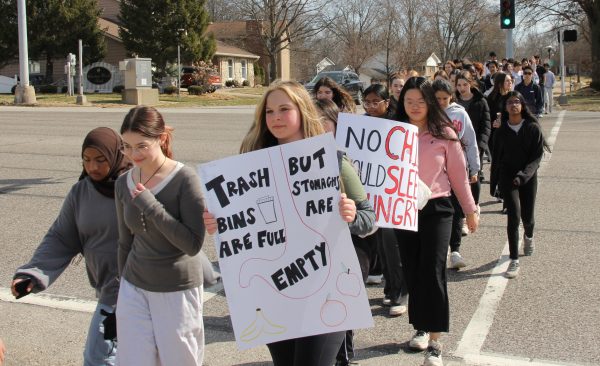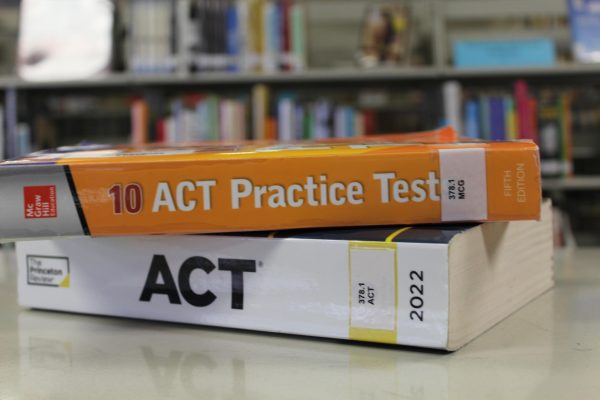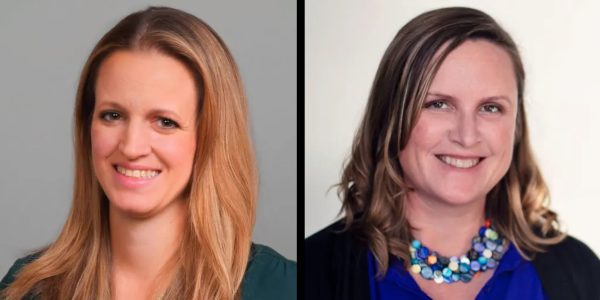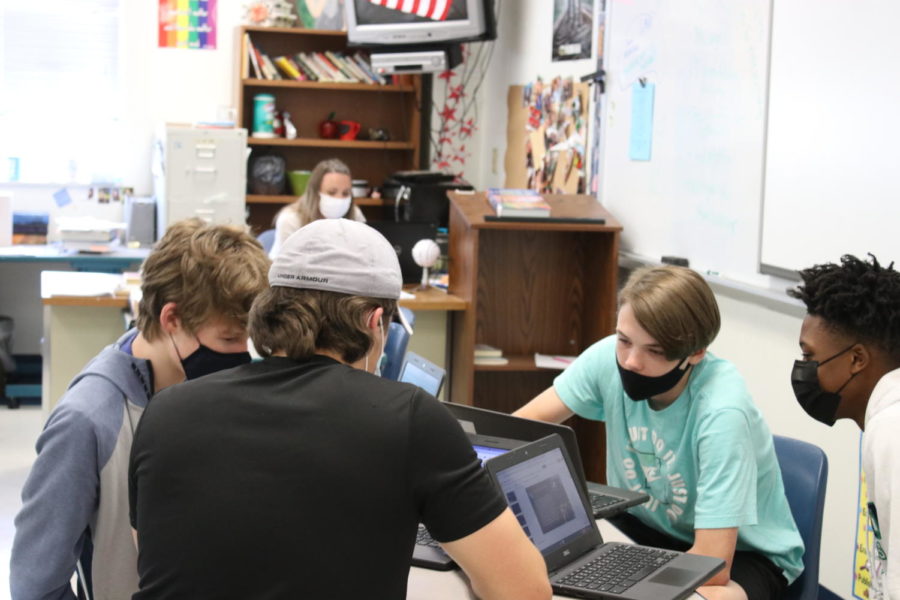Wash U Study Finds No High School COVID-19 Transmissions
Media by Emmie Foley
The results of the study showed that only 2 students out of 102 students who participated in the study tested positive for COVID-19 after being contact traced. All of the positive cases come from elementary schools or middle schools. There have been zero positive cases, due to a classmate having COVID-19, in all of the high schools that participated in the study.
Adison Davidson, sophomore, was pulled out of her Spanish class Monday, April 26, and sent home. A classmate in her business class tested positive for COVID-19, so she was contact traced and sent home to quarantine.
She said the quarantine made it challenging to switch from the in-person learning environment to the online learning environment. Davidson also said she got behind in some of her classes and was not able to take tests.
“I was wearing a mask while sitting near her so I should have been protected against COVID-19, but I still had to quarantine,” Davidson said. “Online school is much more boring and harder to engage in class.”
Davidson is among many students who were contact traced because of a classmate. Washington University conducted a study during the school year to see how effective the contact tracing strategy really was.
Washington University worked with the Centers for Disease Control and Prevention (CDC) and school districts in Springfield, Mo. and in St. Louis County, Mo. They conducted this study to evaluate the strategies used in school to prevent the spread of COVID-19.
Dr. Jason Newland, M.D., M.Ed., professor of Pediatrics, Infectious Diseases at Washington University, was a large part of this study and was extremely hands-on.
“We wanted to evaluate the mitigation strategies put in place in schools, and what the rate of transmission is when those are in place,” Dr. Newland said.
The study called for students or staff, who had been contact traced, to be actively tested after five to eight days of being exposed. Dr. Newland said they waited because they knew many people had mild to no symptoms and they could still be infected with COVID-19.
The results of the study showed that only 2 students out of 102 students who participated in the study tested positive for COVID-19 after being contact traced. All of the positive cases come from elementary schools or middle schools. There have been zero positive cases, due to a classmate having COVID-19, in all of the high schools that participated in the study.
“We found that school is one of the safest places you can go,” Dr. Newland said. “It’s the healthiest we’ve ever been.”
One of the biggest things they took away from the results of the study is that masks work, Dr. Newland said. If schools are at full capacity in the fall, he is recommending schools continue to wear masks, despite a large number of people getting the COVID-19 vaccine.
“I think we have to be prepared to put the masks back on,” Dr. Newland said. “We need to have our communities understand that putting a mask back on when we get into the winter respiratory season, which will include COVID-19, is actually going to be great because it helps eliminate influenza.”
“
”Dr. Newland said despite wearing masks and COVID-19 still being a prominent issue in our everyday lives, the study helped to confirm that contact tracing should decrease during the 2021-2022 school year.
Brendan Taylor, history teacher, was happy to hear this.
“I just think the online learning experience does not compare to being in person,” Taylor said.
Taylor has not had a student test positive from being contact traced, yet he understands why contact tracing was necessary for this school year, but it caused many changes in his curriculum like changing the way his tests normally work and dropping the overall difficulty in his classes.
But according to Dr. Newland and the Washington University study, situations like this will be more unlikely to happen to students like Davidson and teachers like Taylor.
Dr. Newland has a message for all highschoolers: “You and your classmates have done a great job, when you guys are in school, you are fabulous. You guys have an influence, and I think it can make a change moving forward in defeating COVID-19.”
Your donation will support the student journalists of Marquette High School. Your contribution will allow us to purchase equipment and cover our annual website hosting costs. You may become a PATRON by making a donation at one of these levels: White/$30, Green/$50, Blue/$100. Patron names will be published in the print newsmagazine, on the website and once per quarter on our social media accounts.
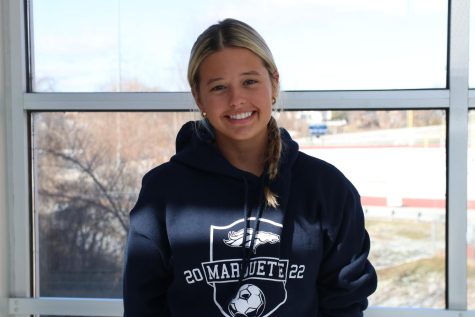
Annie Alcorn, senior, is a Staff Reporter for the Marquette Messenger. This will be her second year on staff. Annie is on varsity mystique and she loves...




